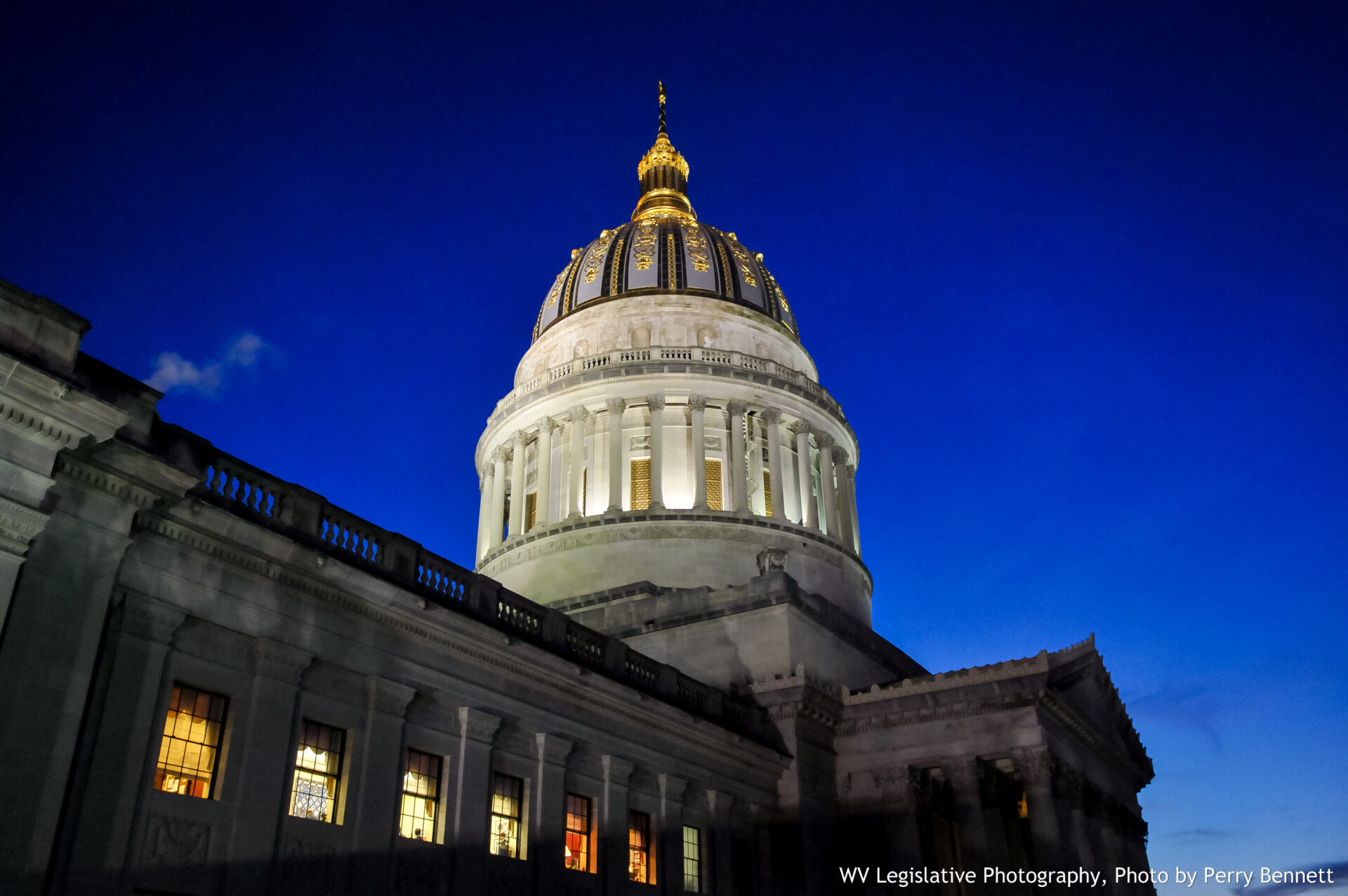The attorney general’s (AG) job according to state code is to enforce West Virginia’s laws as they relate to – listed in order – consumer protection, unfair trade practices, civil rights and other important areas.
The four primary candidates running for AG, two Republicans and two Democrats, have diverse views on the overall mission of the office.
Sen. Mike Stuart, R-Kanawha, and former U.S. attorney for West Virginia’s Southern District, said the attorney general’s mission goes into two separate buckets, the first being advancing freedoms by pushing back against federal overreach.
“The freedom to drill, frack and mine. I call it the beautiful bounce for energy beneath our feet,” Stuart said. “The freedom to push back against federal overreach that tries to shut down our jobs, that fights against our values. We’ve really gotten to a point of great federal intervention in every aspect of our lives, whether it’s education, whether it’s the transgender radical movements that we see today, whether it’s the second amendment, it’s the attorney general, the only person who can take on the federal government to push back when they try to cram their values down our throats.”
Democratic AG candidate Richie Robb, a Vietnam veteran and former eight-term South Charleston mayor, said consumer protection leads his mission list. Robb plans to focus on utility bills and combating fraud.
“First of all, stepping in to assist the Public Service Commission and their consumer advocacy group in combating utility rate increases as well as utility services,” Robb said. “We have the fourth highest utility rates in the country, and the highest number of power outages. On fraud, it seems to be more prevalent now, and more dangerous, that’s the word I use particularly with respect to the internet and artificial intelligence.”
Like Stuart, Republican candidate, and State Auditor J.B. McCuskey said the attorney general’s mission is two pronged. The first prong; to defend the laws and values of West Virginia against people who want to change them to their own preference.
“What we see is that people from D.C. and New York and California don’t want family centered, traditional value states that depend on natural resources for their economy to be successful,” McCuskey said. “You have unelected bureaucrats throughout the federal government, overstepping their legal and constitutional bounds, in order to fulfill political ideologies.”
Wheeling attorney Teresa Toriseva is the other Democratic attorney general candidate. She said the key to the AG’s mission is to prosecute civil lawsuits where citizens and taxpayers are harmed.
“There are laws, and I trust laws, that only the attorney general can prove damages in a certain way that allows you to actually collect damages for taxpayers,” Toriseva said. “We have bad actors in every single industry, and those actors need to be regulated by some law enforcement agency, and that’s the attorney general. The way the attorney general helps with those simple but pervasive fraud is through education information. One of the things that I want are more satellite offices around the state.”
Stuart said consumer protection is found in bucket two of his AG’s mission. He began that second bucket answer with attacking the drug problem.
“Consumers need protection from the drug dealers that are violating our families, killing our kids and destroying our communities,” Stuart said. “I spent years on the front lines of the opiate crisis. When it comes to traditional consumer protection, whether it’s Medicaid fraud, whether it’s landlord-tenant relationships, whether it’s getting ripped off by a utility company, I intend to be incredibly aggressive.“
Robb said he would not be in lockstep with the current AG’s practice of joining in multi-state lawsuits against the federal government.
“I’m not saying I would not do that. But I would look at it with a great deal of circumspection,” Robb said. “I think if it’s something that I believe will benefit the people of West Virginia, as opposed to a political agenda, I wouldn’t cast it aside with respect to the opioid settlements. But in many senses it’s closing the barn door after the horse has already got out. It’s trying to recoup losses and damages that have already been expended. I want to stop them before they happen.”
McCuskey said his second mission for AG is working as the state’s lawyer, representing citizens and all state government bureaucracies.
“Whoever the next governor is, is going to be relying on me as the attorney general to help them reorganize our bureaucracy in a way that is taxpayer centered,” McCuskey said. “In a way that emphasizes efficiency and effectiveness over added spending. And what I mean by that is, we don’t have a spending problem in West Virginia, we have a process problem. It’s high time that we start requiring our agencies to reform their process, as opposed to always blaming a lack of funding for their lack of results.”
Toriseva said a key to her mission as AG is transparency and trust, something she said the current office holder lacks.
“I don’t believe that the current AG has the trust of the voters,” Toriseva said. “I do not think that it is the AG’s job to be a partisan hack. My work has largely been representing public employees for the last decade, I mean, taxpayers, paid employees, first responders and whatnot. And that means that a lot of my work isn’t in the public eye and easy to read about.”
Voters can consider these differing candidate opinions on the mission of the attorney general’s office before casting their ballots on May 14.
